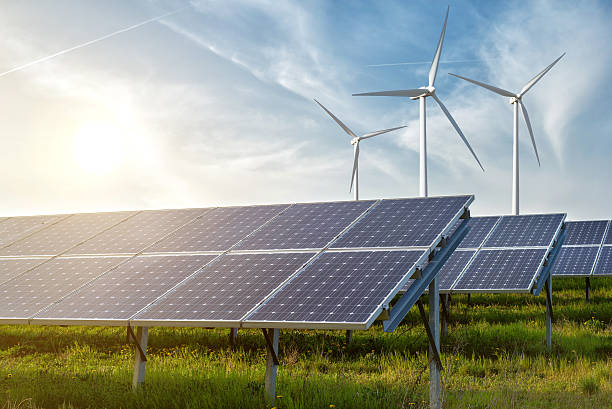
FAQ About Clean Energy
Clean Energy
2 years ago | gizem
What are the economic benefits of transitioning to clean energy?
The transition to clean energy offers numerous economic benefits that extend beyond the environmental advantages. As societies increasingly embrace renewable and sustainable energy sources, they can experience various positive economic impacts. Here are some of the key economic benefits of transitioning to clean energy:
- Job Creation: Clean energy industries, such as solar, wind, and hydroelectric power, are labor-intensive and often require a skilled workforce for installation, maintenance, and operation. The transition to clean energy can create new job opportunities, boost local economies, and reduce unemployment rates.
- Economic Growth: Investing in clean energy projects stimulates economic growth. The construction, operation, and maintenance of renewable energy infrastructure generate economic activity, leading to increased spending, investment, and business expansion.
- Reduced Energy Costs: Over time, clean energy technologies become more cost-competitive with traditional fossil fuels. Switching to clean energy can stabilize energy costs and reduce the vulnerability of economies to fluctuating fossil fuel prices.
- Energy Independence: By relying more on domestic clean energy sources, countries can reduce their dependence on imported fossil fuels. This enhances energy security and minimizes the impact of global energy price fluctuations on the local economy.
- Technological Innovation: The transition to clean energy encourages research and development in renewable technologies and energy storage systems. Technological innovation can lead to advancements in various industries, promoting economic diversification and competitiveness.
- Attracting Investment: Countries and regions that prioritize clean energy policies often become attractive investment destinations for companies and investors interested in sustainable and environmentally responsible practices.
- Export Opportunities: Countries that lead in clean energy technologies can export renewable energy equipment, expertise, and knowledge, contributing to export revenues and strengthening their position in the global marketplace.
- Health Care Savings: By reducing air pollution and greenhouse gas emissions, the transition to clean energy can lead to improved public health outcomes and decreased healthcare costs associated with pollution-related illnesses.
- Infrastructure Development: Building clean energy infrastructure, such as solar farms and wind parks, requires significant investments in infrastructure development and grid modernization, stimulating economic activity in the construction sector.
- Sustainable Development: Clean energy fosters sustainable development by promoting long-term economic growth while preserving the environment and natural resources for future generations.
- Cost Savings for Businesses: Businesses and industries that adopt clean energy technologies, such as solar panels and energy-efficient practices, can reduce their energy expenses and improve their bottom line.
- Climate Resilience: By mitigating climate change through clean energy adoption, economies can become more resilient to the adverse impacts of extreme weather events and climate-related disruptions.
